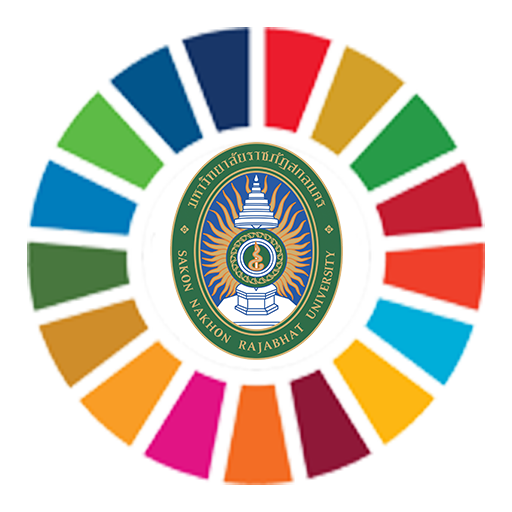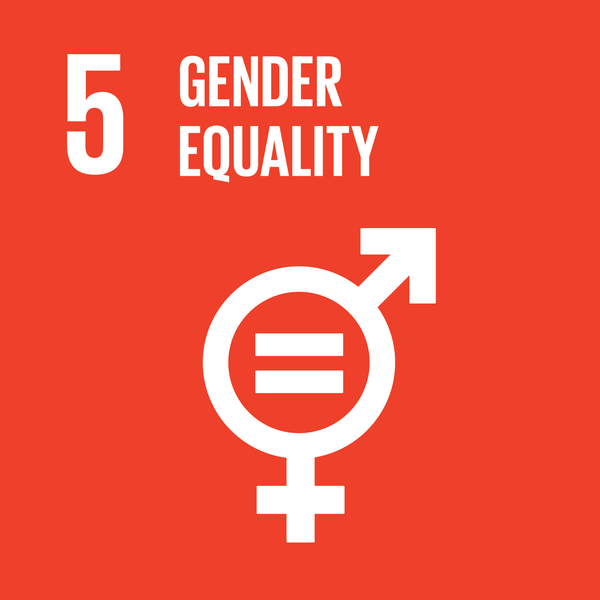Sakon Nakhon Rajabhat University is committed to sustainable development and environmental stewardship, recognizing the importance of responsibly managing university land to support biodiversity and ecological health. This policy outlines the university’s approach to sustainable land use, conservation of natural habitats, and restoration of degraded areas, following international standards like those of the IUCN. Through educational initiatives, research, and collaboration with conservation organizations, the university aims to be a model of sustainability, inspiring students and the community to actively engage in environmental preservation and responsible resource management for a sustainable future.
1. Purpose
This policy establishes guidelines for Sakon Nakhon Rajabhat University on sustainable land use, natural habitat conservation, land restoration, and the monitoring of critical species, including those listed by the International Union for Conservation of Nature (IUCN) and other ecologically significant species. This policy supports the university’s commitment to ecosystem sustainability and biodiversity conservation.
2. Scope of Policy
This policy applies to all university-owned or managed land, including campus grounds, research areas, and natural reserves. It also encompasses conservation initiatives for key species that are endangered or ecologically important according to IUCN standards and other recognized conservation lists.
3. Policy Objectives
- Sustainable Land Use: Promote responsible and efficient use of land resources that aligns with environmental balance and sustainability, reducing any potential ecological impact.
- Conservation of Species and Ecosystems: Protect habitats for key species, particularly those listed by IUCN and other significant species present on university land.
- Restoration of Degraded Land: Conduct restoration efforts for degraded areas to enhance habitats for wildlife and contribute to ecosystem health.
- Monitoring and Evaluation of Conservation Species: Establish a system for tracking and assessing the status of IUCN-listed and other important species on university land.
4. Implementation Guidelines
- Land Use Planning: Develop sustainable land-use plans that minimize environmental impact, support biodiversity, and emphasize green spaces for education and conservation.
- Conservation Measures for IUCN-listed Species: Identify and prioritize the protection of high-risk or ecologically important species listed by IUCN, and allocate appropriate habitats on university land for conservation purposes.
- Restoration Projects: Evaluate degraded areas on university land and develop restoration plans, focusing on native plant reforestation, soil rehabilitation, and habitat enhancement to support conservation species.
- Monitoring and Species Assessment: Implement a monitoring system for species on university grounds, following IUCN standards to evaluate extinction risk. Annual reports will summarize the progress of conservation efforts and species protection.
- Community and Educational Engagement: Increase awareness among students, staff, and the local community on biodiversity conservation and sustainable land use by supporting collaborative conservation and educational projects.
5. Monitoring and Evaluation
The university will monitor and evaluate land use, conservation, and restoration practices, as well as the status of IUCN-listed and other key species. Annual reports will be generated, and adjustments made as necessary to achieve sustainability and conservation goals.
6. Policy Review
This policy will be reviewed every three years to ensure alignment with best practices in sustainable land management, environmental conservation, and global conservation standards.
7. Conclusion
Sakon Nakhon Rajabhat University is committed to creating a sustainable environment and serving as a model for natural resource and biodiversity conservation through responsible land management and adherence to IUCN conservation standards. This policy reflects our dedication to benefiting both ecosystems and the university community.
Announcement on January 2023




